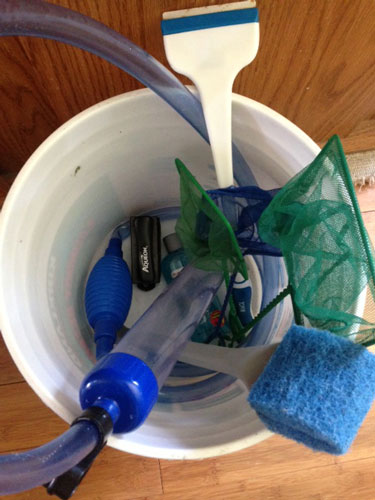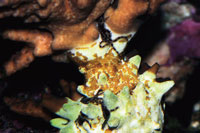As we age, our skin produces less of the natural oil that helps it retain its moisture. Only a lucky few have 'normal' skin; the rest of us have a dry, oily or combination variety; if dryness is your problem, read on. Xeroderma is a very common condition.
The average square inch of skin holds 650 sweat glands, 20 blood vessels, 60,000 melanocytes, and more than a thousand nerve endings. Skin consists of loose connective tissue and elastin. Skin contains the hair follicles, sweat glands, sebaceous glands, apocrine glands and blood vessels.
Epidermis is the outermost layer of the skin. The blood vessels in the dermis provide nourishment and waste removal to its own cells as well as the epidermis. The dermis is structurally divided into two areas: a superficial area adjacent to the epidermis, called the papillary region, and a deep thicker area known as the reticular region.
Symptoms most associated with Xeroderma are scaling (the visible peeling of the outer skin layer), itching, and cracks in the skin. Bathing or showering too frequently, especially if one is using harsh soaps, may also contribute to xeroderma. Dry skin happens more often in the winter when cold air outside and heated air inside cause low humidity. Forced-air furnaces make skin even drier.
The use of natural or synthetic cosmetics to treat the appearance of the face and condition of the skin (such as pore control and blackhead cleansing) is common among many cultures. Cosmetics should be used carefully because they may cause allergic reactions like contact dermatitis. Apply moisturizers just after a bath or shower, when your skin is still damp.
Put two tablespoons of coconut oil in your smoothies. For an easy fiber boost, mix in two tablespoons of ground up flaxseeds in raw applesauce, from 2-3 apples, made in your food processor. The two most common, sluggish, digestion culprits that affect your skin are not enough water and not enough fiber. Consider taking cod liver oil or fish oil supplements every day. Drink plenty of water, a minimum of a quart a day.
Apply a thin layer of coconut oil and massage it deep into the skin. If you also have eczema or acne, coconut oil will treat those skin conditions too. The best treatment I've found for dry skin is coconut oil. Also use a thin layer of coconut oil under your make-up to moisturize your skin all day.
Unclean skin favors the development of pathogenic organisms - the dead cells that continually slough off of the epidermis mix with the secretions of the sweat and sebaceous glands and the dust found on the skin to form a filthy layer on its surface.
The skin is subject to constant attack from without, so can be affected by numerous conditions, diseases and ailments. Functions of the skin are disturbed when it is dirty; it becomes more easily damaged, the release of antibacterial compounds decreases and dirty skin is more prone to develop infections.
If nothing seems to work it might be more than dry skin, so you should see the doctor. Usually, these days, we can take care of dry skin without seeing our doctor, but sometimes we can't avoid it. Make sure to call your dermatologist when you have any open cuts or sores from scratching that won't heal.

 Fish and Fungus
Black Moor Q. I have two large black moor goldfish, one larg
Fish and Fungus
Black Moor Q. I have two large black moor goldfish, one larg
 Pufferfish Teeth Care
Because their teeth are constantly growing, pufferfish
Pufferfish Teeth Care
Because their teeth are constantly growing, pufferfish
 What to Keep in Your Aquarium Maintenance Bucket
It is too easy for hobbyists, especially new ones, to become
What to Keep in Your Aquarium Maintenance Bucket
It is too easy for hobbyists, especially new ones, to become
 Coral and Invertebrate Quarantine Procedures
Coral and Invertebrate Quarantine Procedures
 Red Algae in Marine Aquarium
Q. Ive been keeping saltwater fish for about five years, and
Red Algae in Marine Aquarium
Q. Ive been keeping saltwater fish for about five years, and